SUMMARY
This is AI generated summarization, which may have errors. For context, always refer to the full article.
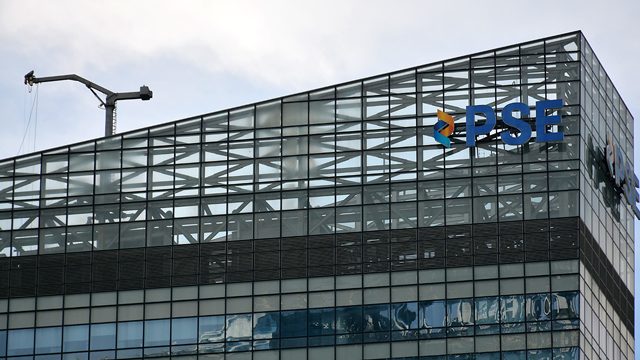
A stockbroker was sentenced to 14 years in prison and fined P1 million for the country’s largest market manipulation scandal done way back in 1999.
Pasig City Regional Trial Court Branch 67 found Johnny Yap of Solar Securities guilty beyond reasonable doubt of manipulating the market in illegal trade transactions involving stocks of then-listed firm Best World Resources Corporation (BW).
The court found Yap violated Section 26 of the Revised Securities Act, now Section 24.1(a)(i) of the Securities Regulation Code (SRC), which states that it is “unlawful for any person acting for himself or through a dealer or broker, directly or indirectly, to create a false or misleading appearance of active trading in any listed security traded in an exchange or any other trading market by effecting any transaction in such security which involves no change in the beneficial ownership.”
The scheme involves “wash sales” transactions, where the buyer and seller of the stock share a beneficial owner.
Wash sales are illegal because they make it appear that there is active trading and entice traders to buy stocks when, in fact, it is just one broker buying and selling in close intervals.
The scheme led BW shares to trade from P2 at the start of 1999 to a high of P107 in October of the same year, representing a 5,250% increase, according to a paper published in the Center for Integrative and Development Studies of the University of the Philippines Diliman.
At the height of the bubble, trading in BW shares accounted for as much as half of total market turnover.
But within a week after it peaked, the stock lost 60% of its value. By February 2000, it had dropped to P3 a share.
A special operations group formed by the Securities and Exchange Commission in August 2000 found that Solar Securities’ transactions were wash sales not only because the brokerage was both the buyer and the seller in all the 71 buy order and 71 sell order transactions for BW stocks, but also because the offers and bids were made at very close intervals during June and October 1999.
The court ruled that Yap, as Solar Securities’ compliance officer, had the duty to ensure that the company was compliant with the regulations and legal requirements for its trading transactions. Yap also admitted that he himself executed some of the transactions.
Evidence also showed that Solar Securities paid itself at the price it offered to sell the BW shares.
BW is a company of Dante Tan, a crony of former president Joseph Estrada, and was hyped as a listing vehicle for Estrada’s various business interests, particularly in gaming and property development.
The case marks the fifth conviction under the SRC since its enactment in 2000.
Previous convictions mostly involved fraudulent investment scams, including a 2015 decision against Rosario and Saturnino Baladjay, who got multiple convictions and were made to pay a total of P8 million to complainants. – Rappler.com
Add a comment
How does this make you feel?
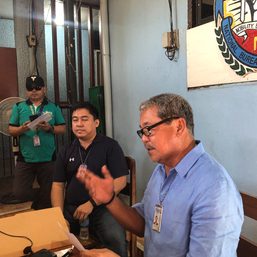

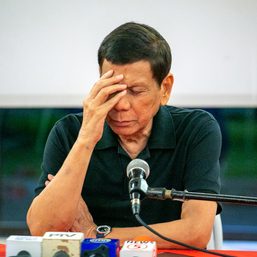

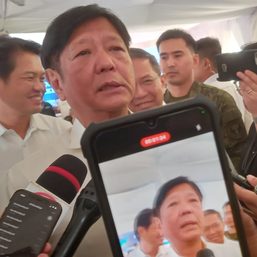
![[ANALYSIS] A new advocacy in race to financial literacy](https://www.rappler.com/tachyon/2024/04/advocacy-race-financial-literacy-April-19-2024.jpg?resize=257%2C257&crop_strategy=attention)
![[ANALYSIS] Search for stocks that continue to sizzle](https://www.rappler.com/tachyon/2024/04/search-stocks-that-sizzle-April-5-2024.jpg?resize=257%2C257&crop_strategy=attention)
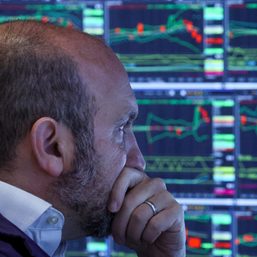
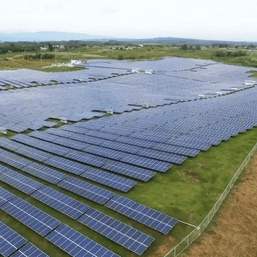
![[ANALYSIS] Concern about the right trading call during Holy Week](https://www.rappler.com/tachyon/2024/03/Concern-about-right-trading-holy-week-March-22-2024.jpg?resize=257%2C257&crop_strategy=attention)
There are no comments yet. Add your comment to start the conversation.